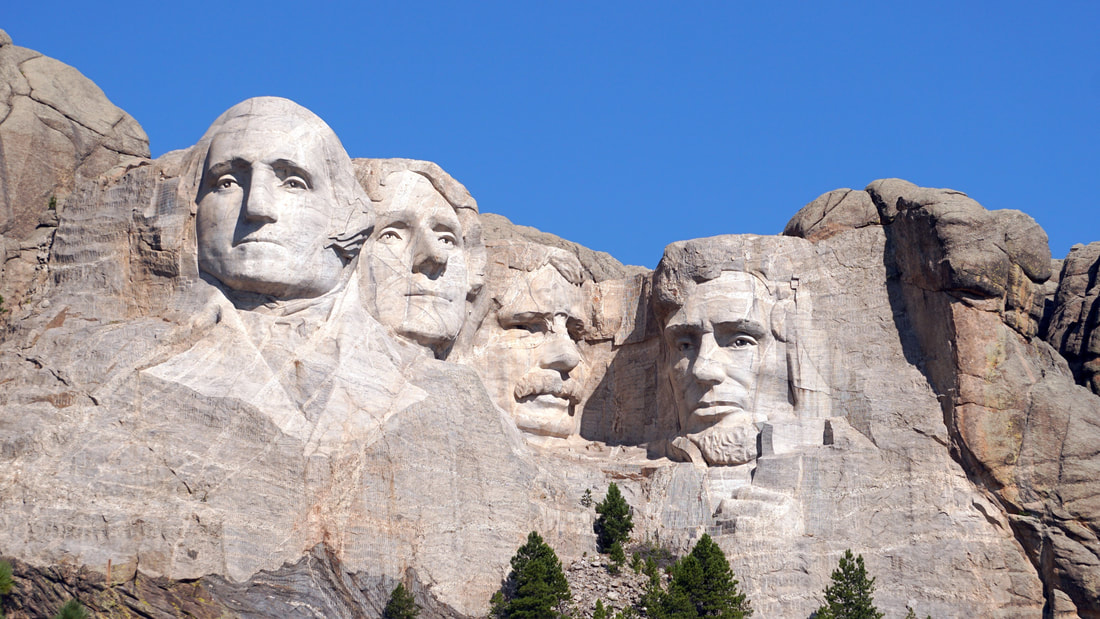|
The epithet ‘hero’ has often been bestowed on individuals insincerely and politically but the designation should only honor exceptional individuals. Heroes are an essential and indispensable part of a country’s heritage. They represent what is best in a country and are figures to be emulated. But as our formerly unified country dissolves into a collection of disparate ethnic and racial groups, esteem for past heroes declines. The assemblage of powerful elites known as the Establishment, has no qualms about deciding who is a hero and who isn’t. Consider their treatment of Robert E. Lee. General Lee was one of America’s special heroes and remains a hero to a sizable segment of the populace. The Establishment has not only retracted Lee’s hero status but now classifies him as a traitor. Some countries have one national hero it esteems over others – consider France’s Napoleon. If America had a national hero, who would it be? There are two choices for that honor and they differ appreciably: George Washington and Abraham Lincoln. I agree with those who maintain that America’s hero is our first president, George Washington. Born and raised in the British Colony of Virginia, George Washington would become our most important founding father, often described as “the father of our country.” As commander in chief of the Continental Army, Washington defeated the British and won our independence. Washington also led the Continental Convention that drafted the Constitution and, with the unanimous support of both political parties, became our first president. Washington has been called “the indispensable man” and, as president, he was truly non-partisan, a characteristic rarely found in future presidents. Washington chose the site of the new capital alongside the Potomac River on land donated by Maryland. During George Washington’s two presidential terms, the structure and functions of our government were established and the newly created United States was brought to fruition. The Establishment and other similar factions characterize Abraham Lincoln as “our greatest president” and America’s hero. A Lincoln legend has actually been created, based primarily on the over-simplified claim that Lincoln freed the slaves and saved the Union. The basis for this assertion is Lincoln’s Emancipation Proclamation and the Union army’s defeat of the Confederacy in the War Between the States. Contrary to what many think, the Proclamation didn’t free all slaves, only those in states engaged in war against the North. Furthermore, it allowed those states to keep their slaves if they discontinued their war efforts. But, as slavery was legal under the Constitution, slaves were also lawful until an amendment made slavery illegal. When such an amendment was finally ratified, Lincoln was no longer alive. The claim that Lincoln saved the Union ignores the fact that at the time of his death, Southern states were being ruled by occupying military forces. Actually, states weren’t reunited until the administration of President Rutherford B. Hayes In 1877, President Hayes ended the military occupation of the South, reuniting the states. The composition of our population has become so varied that a consensus on a national hero is highly unlikely. Actually, a growing segment of the population has no concern for America’s heroes. And the working class often dismisses heroes as fictive projections of the gentry. Heroes are also of no concern to those who claim to be victims of social and racial injustice. Social activists actually consider victims more important than heroes. Being perceived as a victim can be very lucrative so claiming victimhood is fairly common. A victim mentality facilely removes feelings of responsibility and blames lack of success on a flawed society. Victimhood has almost become a profession and its lucrativeness is attracting adherents. The concept of hero could be a thing of the past or there could be new forms of heroes. Heroes of recent generations might be sports and entertainment celebrities or other pop culture icons. But even if these heroes have more than “15 minutes of fame”, we shouldn’t expect their likenesses to be carved into a granite mountain.
3 Comments
|
AuthorGail Jarvis is a Georgia-based free-lance writer. He attended the University of Alabama and has a degree from Birmingham Southern College. His writing is influenced by years of witnessing how versions of news and history were distorted for political reasons. Mr. Jarvis is a member of the Society of Independent Southern Historians and his articles have appeared on various websites, magazines, and publications for several organizations. He lives in Coastal Georgia. Archives
June 2023
|

